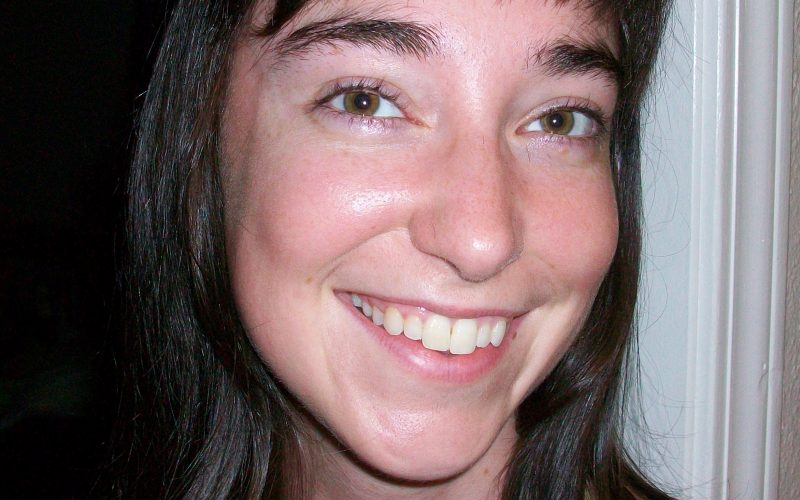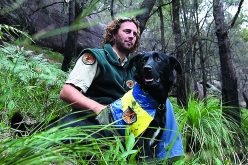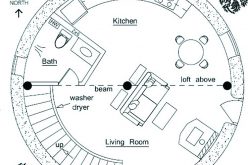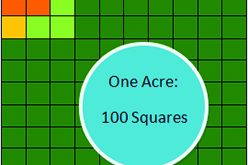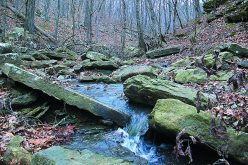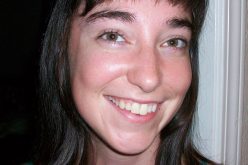
Amanda Bancroft
Making Ripples
Sometimes doing good is free. Employing skills like great communication and critical thinking, empathizing with other humans and non-humans, and centering our actions in love and friendship are just a few concepts that are free to use. Often, the impact of these tools is even greater than a singular environmental action or donation to charity because they become part of the way we experience and interact with the world on a daily basis, which has the potential to increase our impact exponentially.
Even Ariel the little mermaid knows to “ask ‘um my questions and get some answers” before making assumptions about those strange land-dwelling creatures called humans. Critical thinking, especially when combined with compassion, is a great place to start making a difference. We can always use the tactic of “guessing” as a last resort once all else fails. Learning should be a first resort. Questions are powerful tools.
According to the National Council for Excellence in Critical Thinking, “Critical thinking is the intellectually disciplined process of actively and skillfully conceptualizing, applying, analyzing, synthesizing, and/or evaluating information gathered from, or generated by, observation, experience, reflection, reasoning, or communication, as a guide to belief and action. In its exemplary form, it is based on universal intellectual values that transcend subject matter divisions: clarity, accuracy, precision, consistency, relevance, sound evidence, good reasons, depth, breadth, and fairness.”
This is much more than getting some amount of any type of information and deciding to act. Beyond information, we have other tools like empathy which help us ask less data-driven questions, such as, “How is this person or these people (or animals) feeling right now?” Communication is a great sidekick to empathy. Finding out answers to questions that lead to empathy can make a huge difference in the way we approach an environmental or social problem. A lack of communication almost always makes problems worse.
Another filter to pass our judgments through before acting is this: is the decision based on love? Not just the love of one or the friendship of a few, but holistic love for all species and peoples? This can be hard to do outside of one’s vested interests, but totally worth the attempt. Ecologists, for example, can’t risk focusing their concern on one species alone, but instead look at the whole. Statements that demonize and divide go the opposite route.
One truth does not make other truths untrue. It’s not easy to peg down the whole truth and determine the best way to save the environment or stop injustice. The world is not just black and white, but a lot of gray – not in a gloomy sense, but in a living, complex way that’s far more diverse and rich than any headline could ever capture.
Amanda Bancroft is a writer, artist, and naturalist building an off-grid cottage for land conservation on Mt. Kessler. She and her husband Ryan blog about their adventures and offer a solar-hosted online educational center on how to make a difference with everyday choices at: www.RipplesBlog.org.

